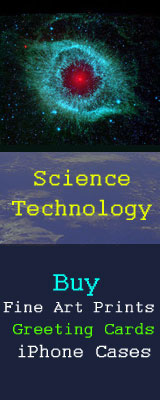.
Graham Higman
Graham Higman FRS (19 January 1917 – 8 April 2008) was a leading British mathematician. He is known for his contributions to group theory.
Higman was born in Louth, Lincolnshire and attended Sutton's Secondary School, Plymouth, winning a scholarship to Balliol College, Oxford.[1] In 1939 he co-founded The Invariant Society, the student mathematics society,[2] and earned his PhD from the University of Oxford in 1941. His thesis, The units of group-rings, was written under the direction of J. H. C. Whitehead. From 1960 to 1984 he was the Waynflete Professor of Pure Mathematics at Magdalen College, Oxford.
Higman was awarded the Senior Berwick Prize in 1962 and the De Morgan Medal of the London Mathematical Society in 1974. He was the founder of the Journal of Algebra and its editor from 1964 to 1984.
He was also a local preacher in the Oxford Circuit of the Methodist Church. During the Second World War he was a conscientious objector, working at the Meteorological Office in Northern Ireland and Gibraltar.
He died in Oxford.[1]
See also
Higman–Sims group, named after Donald G. Higman, but studied also by Graham Higman.
Higman's embedding theorem
Feit-Higman theorem
Higman group
Higman's lemma
HNN extension
Hall–Higman theorem
Interview
Publications
Graham Higman (1940), "The units of group-rings", Proceedings of the London Mathematical Society, (2) 46: 231–248.
Graham Higman and Elizabeth Scott (1988), Existentially closed groups, LMS Monographs, Clarendon Press, Oxford
Notes
^ a b Collins, Michael (2008-05-08). "Professor Graham Higman: Leading group theorist". Obituaries. The Independent. Retrieved 2008-10-14.
^ The Early History of the Invariant Society by Robin Wilson, printed in The Invariant (2010), Ben Hoskin
References
Death notice, Oxford University Gazette, 17 April 2008
External links
O'Connor, John J.; Robertson, Edmund F., "Graham Higman", MacTutor History of Mathematics archive, University of St Andrews.
Graham Higman at the Mathematics Genealogy Project
Retrieved from "http://en.wikipedia.org/"
All text is available under the terms of the GNU Free Documentation License


